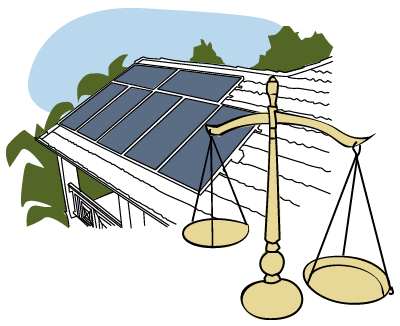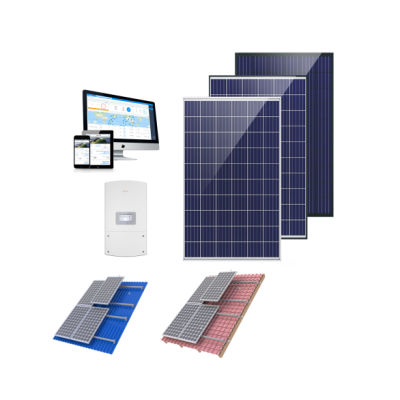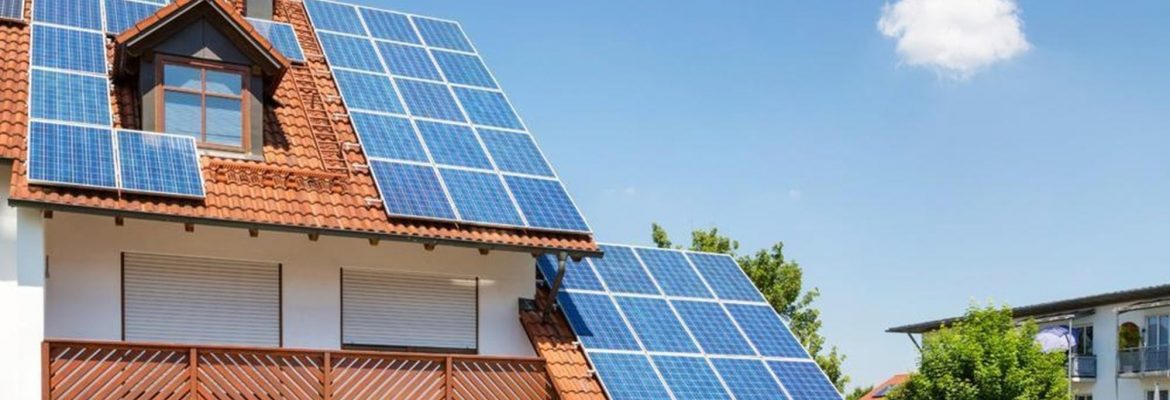
Upgrading home insulation is one of the best ways to get the highest return on your investment. The average home uses 50% energy to heat and cool, while only 6% are in compliance with the National Building Code. The right insulation can reduce heat loss and noise pollution, as well as save energy during cooling and heating seasons.
Insulation helps prevent unwanted air movement
Many buildings can suffer from air movement. Small cracks and gaps allow outside air to enter your home. This can bring in unwanted pollutants and temperatures. By sealing these spaces, you can improve your home's comfort while lowering your energy bill and maintaining the quality of your indoor air.

There are many methods of sealing walls. But fiberglass batts offer the best value for money. These batts, however, are not very dense so they can allow air to circulate around the insulation. These voids can compromise the insulation's effectiveness by reducing the R-value. Framing gaskets can prevent this.
Insulation can be used to stop unwanted air movement and prevent heat loss. Insulation lowers energy costs as it cools down a building's temperature. It prevents heat entering a home during the hot summer months. Insulating your home can cut down on heating and cooling costs up to 15% This figure can vary depending on the size of your home and your local climate.
It builds thermal resistance
Insulation is the process of covering surfaces with insulating materials to reduce the amount of energy they absorb. It also aids in thermal resistance. Thermal resistance, which is the opposite of thermal conductivity and the ability of materials resist heat flow, is what we call thermal resistance. Thermally resistant materials are typically used to trap heat and cold. For example, a Styrofoam cooler helps keep drinks cold because it is slow to transfer heat. Thermal resistance is used to engineer thousands of products all over the globe.

Insulation must be able to prevent heat transfer and moisture buildup in order to increase thermal resistance. Although the indoor temperature is approximately 72°F, the outside temperature is significantly lower or higher. The heat lost and the temperature difference will determine how much energy is lost. The payoff of adding additional wall insulation will depend on several factors, such as the heating system that a homeowner chooses and the cost of energy fuel.